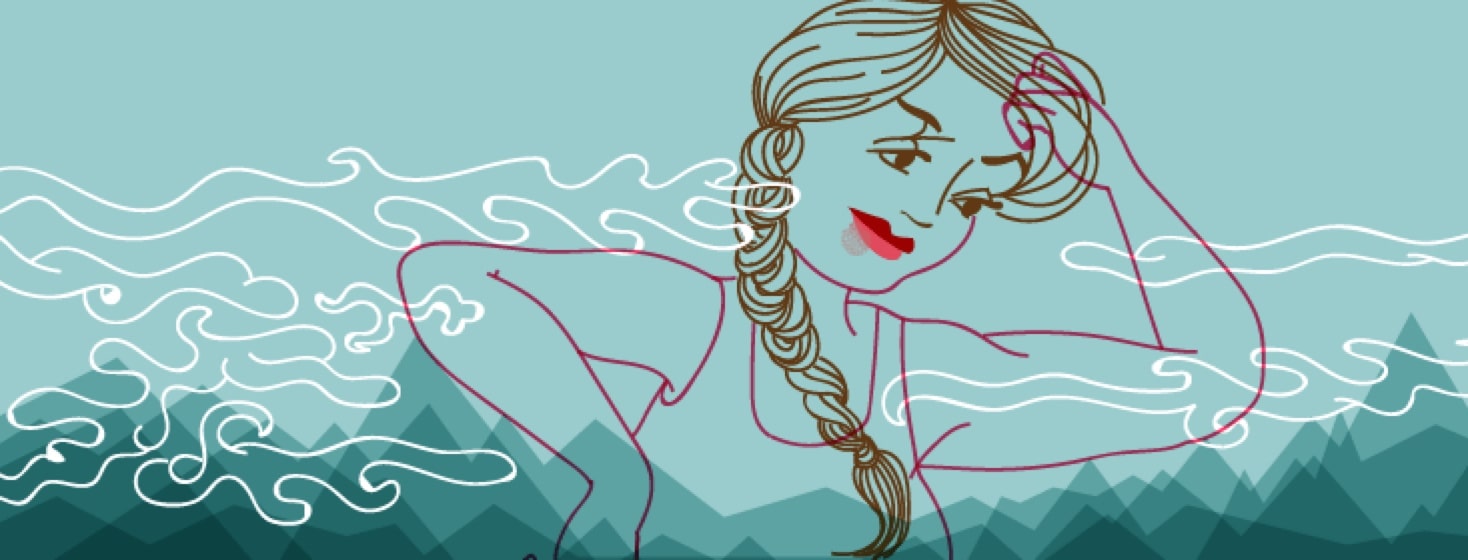How Living in The Mountains Adversely Affected My Immune System
While I'm normally a Midwest sea-level gal, my husband and I decided to spend a year living in Colorado. Our apartment sat at 9,000 feet. When you're above 5,000 feet, the increase in air pressure results in less oxygen in the blood, or hypoxia.1 For low-land visitors, this usually causes two or three days of mild altitude sickness while the body adjusts. Just imagine the symptoms of a hangover: headache, dehydration, fatigue.
When your immune system is faulty
After we moved, I acclimated like a champ — or so I thought — and was conquering 10-mile hikes above 11,000 feet within the month. I was hitting the trails regularly and meditating twice a day. I hadn't gotten sick since I left my day job and was pretty much killing it at self-care.
So when I started getting monthly cold sores — all within the week prior to my period — I was confused. I usually only get one or two a year when I'm really sick or stressed out. In the mountains, I was getting one or two a month. I wanted to know if the altitude was responsible for my outbreaks, so I posed the question to Robert Mazzeo, an associate professor of integrative physiology at the University of Colorado, Boulder.
"While your emotional stress levels may be lower, exposure to high altitude is an environmental stressor that triggers a number of neuroendocrine responses that can adversely affect your immune system," said Mazzeo, who has studied the effects of exercising at high altitude.2
He explained that the cold sore virus lies dormant in nerve cells and may emerge fom a variety of factors, including physical or emotional stress, fatigue, exposure to sunlight and wind, changes in the immune system, and hormonal changes associated with the menstrual cycle.
Living at high altitude can increase inflammation3, which can't be good for those with endo. Research shows we often already have a compromised immune system4. My tendency to get sick sky rockets during my pre-period week, and my allergy symptoms get worse.5
How to avoid cold sores in the mountains
Even though I was focused on being emotionally chill, the strain of the physical environment was a little too much. I should have known my body might have some issues living at altitude when I got a mild shingles outbreak after a ski trip the year before. But after my fifth cold sore in four months, I decided to be proactive. I talked to my doctor and she suggested I take valacyclovir — my anti-viral medication — regularly until I moved back. I only had to take them preemptively the week before my period, but I remained outbreak free for the rest of our mountain adventure.

Join the conversation